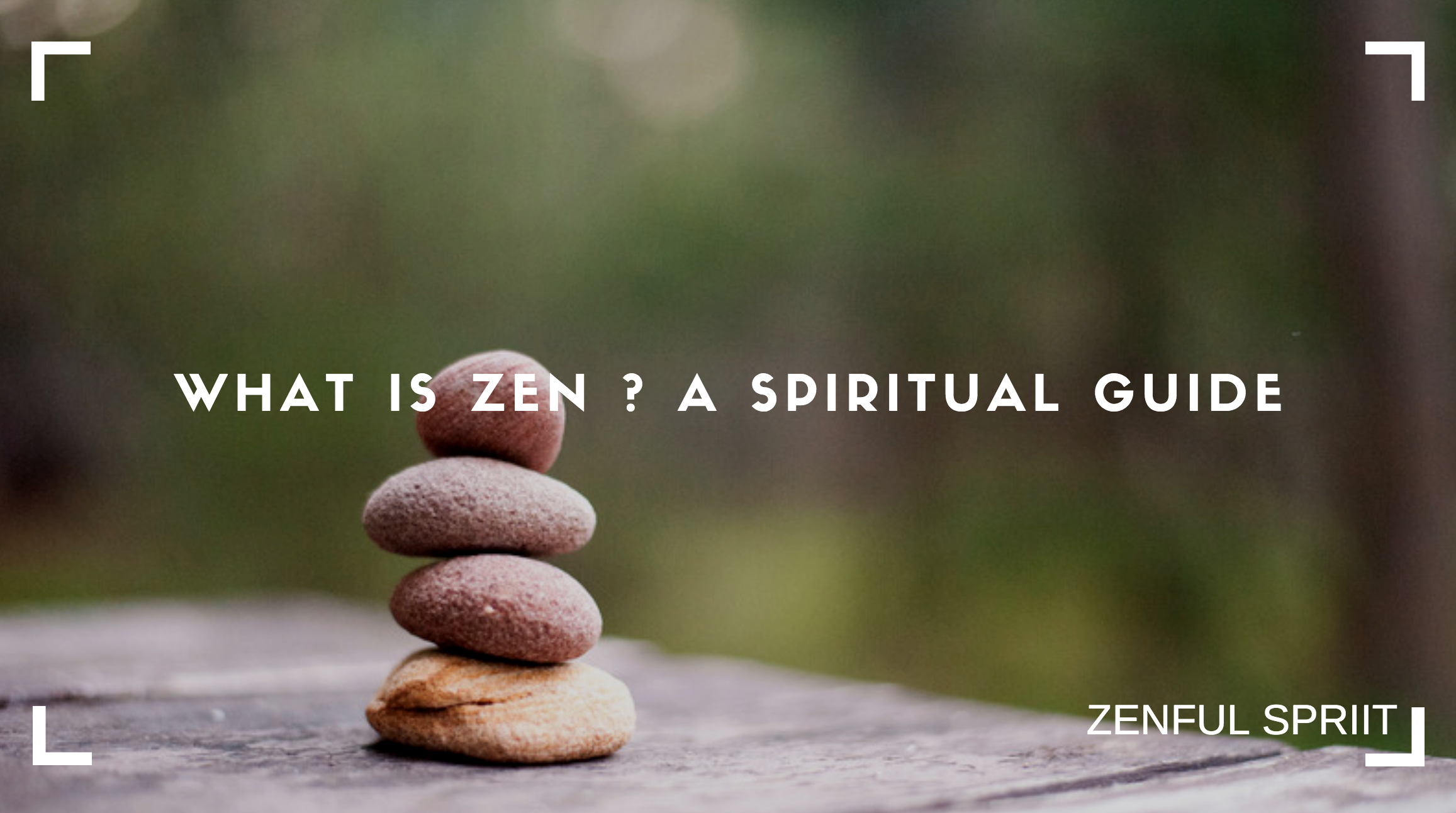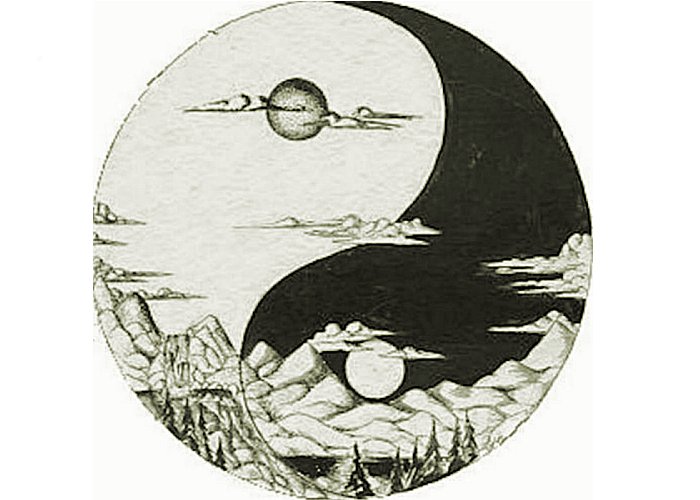

Moreover, the passage that follows immediately after explicitly warns against losing the original, true mind (失心): There is really no need to go after the Truth but there is indeed a need to extinguish biased views." (前空轉變 皆由妄見 不用求真 唯須息見) "Any degeneration of your previous practice on emptiness arises because of false perspectives. įrom the Chan/Zen view, the true mind is perfect as it is and only false views obscure the true mind's inherent perfection. Because in the Chinese language today, Xinxin (信心) usually means "trust", "confidence", or "believing mind", it is often forgotten that Xinxin can also be understood as the truthful mind (信實的心). The word "inscription" does accurately convey the idea of a truth that can survive the test of time and is the more literal meaning of ming (銘).Īnother reading of the text allows that Xinxin could be understood as the Truthful Mind, which is always ready and perfect, implying that there is no need to further "perfect" it. 64) argues that the title should be translated as "Inscription on Relying on the Mind" or "Inscription of the Perfected Mind". Variations of the title include: "Inscription on Trust in the Mind", "Verses on the Faith Mind", and "On Believing in Mind", as well as others. This can only be attained by having faith in Mind as Shakyamuni Buddha himself did.


Thus, faith in outward Buddhas is contrary to the goal of Buddhism, which is the direct experience of enlightenment. From the Chan/Zen point of view, Buddha and Mind are one (即心即佛) (see the Platform Sutra of the Sixth Patriarch (六祖壇經)), as expressed in Mazu's famous dictum "Mind is Buddha". While this interpretation may appear to some to be a departure from the traditional view of seeking refuge in the Three Jewels ( Buddha, Dharma and Sangha), it is actually a deliberate declaration and poetic polemic of the Chan ( Zen) school written as a response to the increasingly popular movement of faith in Amitaba Buddha known as Pure Land Buddhism. "Xinxin" has commonly been interpreted as "faith" or "trust." For example, one translation is "Faith in Mind" (See The Poetry of Enlightenment: Poems by Ancient Ch'an Masters, Ch'an Master Sheng-Yen). Xinxin Ming (alternate spellings Xin Xin Ming or Xinxinming) ( Chinese: 信心銘 Pīnyīn: Xìnxīn Míng Wade–Giles: Hsin Hsin Ming Rōmaji: Shinjinmei), meaning "Faith in Mind", is a poem attributed to the Third Chinese Chán Patriarch Jianzhi Sengcan ( Chinese: 鑑智僧璨 Pīnyīn: Jiànzhì Sēngcàn Wade–Giles: Chien-chih Seng-ts'an Romaji: Kanchi Sōsan) and one of the earliest Chinese Chan expressions of the Buddhist mind training practice.


 0 kommentar(er)
0 kommentar(er)
